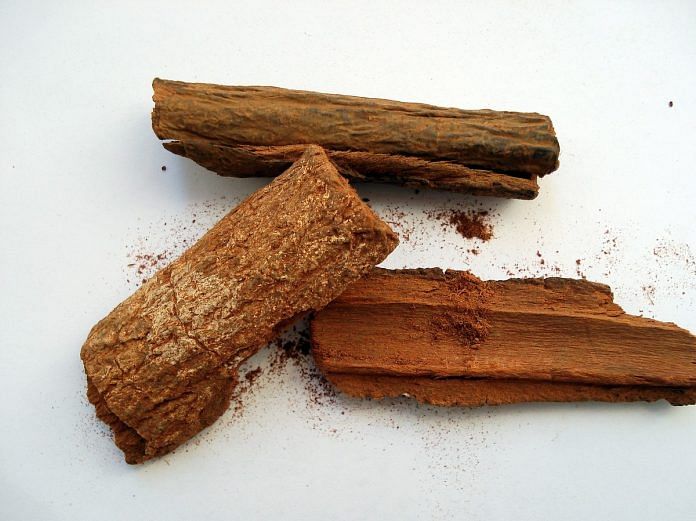Kolkata/ Mumbai: U.S. President Donald Trump’s backing for a malaria drug to treat Covid-19 has boosted the prospects of an obscure plantation in the mountains of eastern India.
About 6,900 acres of the lower Himalayas are under Cinchona cultivation, a tree whose bark is a natural source of quinine — of which hydroxychloroquine, the drug Trump has touted as a “gamechanger” in treating the coronavirus, is a synthetic derivative.
Trump’s backing has fueled stockpiling of the drug among hospitals and consumers, prompting a tussle for supplies that even sparked a short-lived export ban in India. The plantation has accordingly seen a surge of interest in its bark.
“Quinine sulphate that we get from cinchona bark is more potent, it has less side-effects,” said Uden Angmu Yonzone, assistant quinologist at the factory in Darjeeling. Harvesting is limited to once a year, which restricts supply and pushes pharmaceutical companies toward cheaper synthetic ingredients, she said.
Uden couldn’t elaborate on the relative benefits of natural quinine. While there’s no conclusive evidence that hydroxychloroquine works on the virus, demand for the drug created a brief diplomatic spat after Trump warned of potential retaliation if Prime Minister Narendra Modi didn’t lift a ban on exports. India has some of the world’s largest manufacturers of the finished medicine as well as its component ingredients.
Also read: Hydroxychloroquine: The special drug Trump and the world are dialling PM Modi for
Samuel Rai, director at the Directorate of Cinchona and Other Medicinal Plants, said he received additional queries from Indian pharmaceutical and non-pharma companies based in the states of Madhya Pradesh, Uttar Pradesh and West Bengal over late March and April regarding purchase of the tree bark.
The plantation employs more than 5,000 permanent laborers and over 400 government employees, with harvests in December and January. The bark sold for 111 rupees ($1.45) a kilogram during the last auction in November, Rai said.
The first Cinchona seeds were sent in 1861 to the Royal Botanical Garden in Calcutta, then the capital of the British Empire in India, and the Darjeeling plantation was set up in 1864. The medicinal properties of the bark were known to the Incas of Peru, who called the tree Kinakina in the local language and Cina in Spanish.
Trump vowed in March to make the affordable medication widely available to fight the pandemic, which has sickened about 2 million people globally, killed more than 126,000, and has no approved cure or vaccine. In India, the government has recommended hydroxychloroquine as a prophylactic for health care workers who dose themselves as a preventive measure to avoid contracting the infection while treating Covid-19 patients.
Hydroxychloroquine and its cousin chloroquine have side-effects: the latter can kill an adult in just two grams, or twice the daily amount recommended for treatment, according to a study by the Wuhan Institute of Virology. The drug is known to have short-term side effects such as nausea, diarrhea and tinnitus while long-term use can irreversibly impair eyesight. It’s forbidden for pregnant women as it can cause congenital defects in babies.
Artificial synthesis of quinine in the mid-20th century eroded demand for the cinchona bark and typical purchasers today include small Indian drug makers who use the ingredient to treat leg cramps. Every year, about 200,000 kilograms of Cinchona is harvested, and currently there is an accumulated stock of 500,000 kilograms available, according to Rai.
“We are in a position to harvest more if mandated by the government,” he said.-Bloomberg
Also read: Inform public not to use HCQ and azithromycin without prescription, Modi govt tells states



